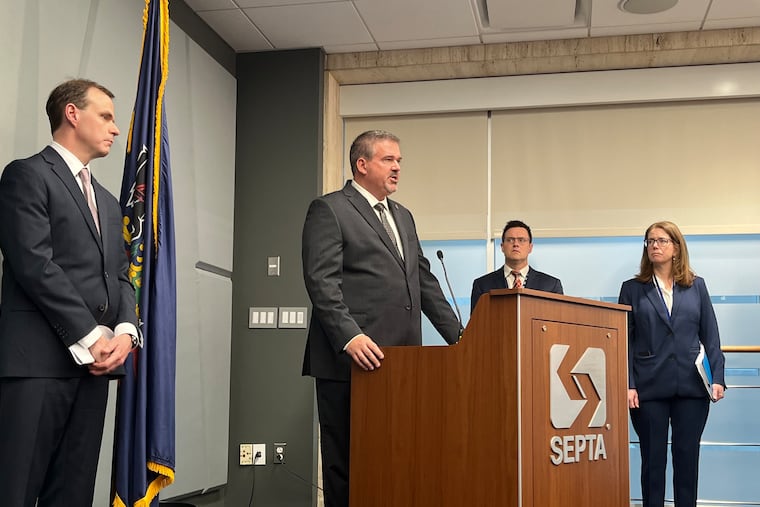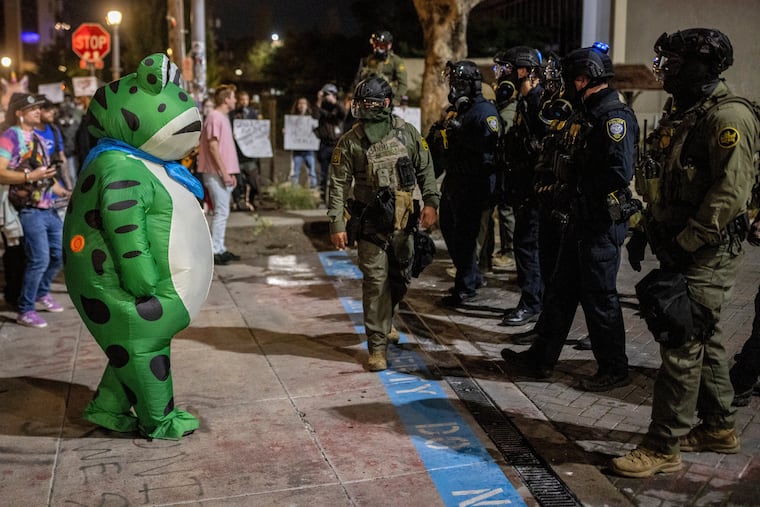Philadelphia leaders call SEPTA’s proposed cuts catastrophic for public transit services.
SEPTA, the Philadelphia area’s transit authority, has unveiled a distressing proposal that could significantly reduce its service capacity, raising concerns among residents about the future of public transportation in the region. In response to a 3 million annual structural deficit, SEPTA’s preliminary budget plan, totaling .6 billion, reveals the potential elimination of up to 55 bus routes, the shutdown of five Regional Rail lines, and the closure of 66 stations. This stark plan represents the worst-case scenario if the agency is unable to secure new funding from the state.
The proposed service reductions, which would be implemented in two phases—this fall and January 1—have sparked widespread dismay among regular riders. For Phil Blumenkrantz, a devoted SEPTA user and South Philadelphia resident, the prospect of longer wait times and reduced service is troubling. He expressed hope that state officials will intervene to prevent these cuts.
In light of the looming threats to transit services, public transit advocates, elected officials, and business leaders have mobilized to petition for the financial support SEPTA desperately needs. An 11 a.m. rally is planned at City Hall, where State Transportation Secretary Michael B. Carroll is expected to attend, emphasizing the urgency of the situation. Despite the rallying cries for support, a resolution to the funding stalemate in Harrisburg remains elusive.
SEPTA’s financial struggles may further escalate with a proposed fare increase of 21.5%, raising the base fare to .90. This adjustment would align SEPTA’s pricing with that of major transit systems such as New York City. State Senate Majority Leader Joe Pittman has acknowledged SEPTA’s efforts to manage costs and increase revenue, but he urged the transit agency to temper its funding requests in light of Pennsylvania’s projected .5 billion budget gap.
Governor Josh Shapiro highlighted the critical nature of the current situation, stating that action is imperative to avert service cuts. Over the past two years, he has advocated for historic funding levels for SEPTA and other transit systems across Pennsylvania. However, proposals to boost transit aid within the state legislature have faced obstruction in the Republican-controlled Senate.
The urgency of the matter is underscored by the broad economic implications of SEPTA’s potential service cuts. The Philadelphia region and its four suburban counties contribute 38% of Pennsylvania’s general revenues and generate 41% of its economic output. Severely curtailing transit services could have dire repercussions not only for daily commuters but also for the overall health of the state’s economy.
Transit officials assert that the cuts reflect an honest assessment of the agency’s fiscal realities without the anticipated state assistance. The proposed adjustments have drawn the attention of local council members as well, who warn that reduced service could undermine Philadelphia’s ability to support major upcoming events, including the 250th anniversary celebrations and the World Cup.
As discussions continue, SEPTA’s leadership remains committed to identifying strategies that could alleviate the financial burden while maintaining service levels integral to the region’s connectivity. The complexities of balancing budgets with the needs of the community lay at the forefront of this pressing issue, which calls for collaborative solutions to ensure the viability of public transit in Pennsylvania.
Media News Source







